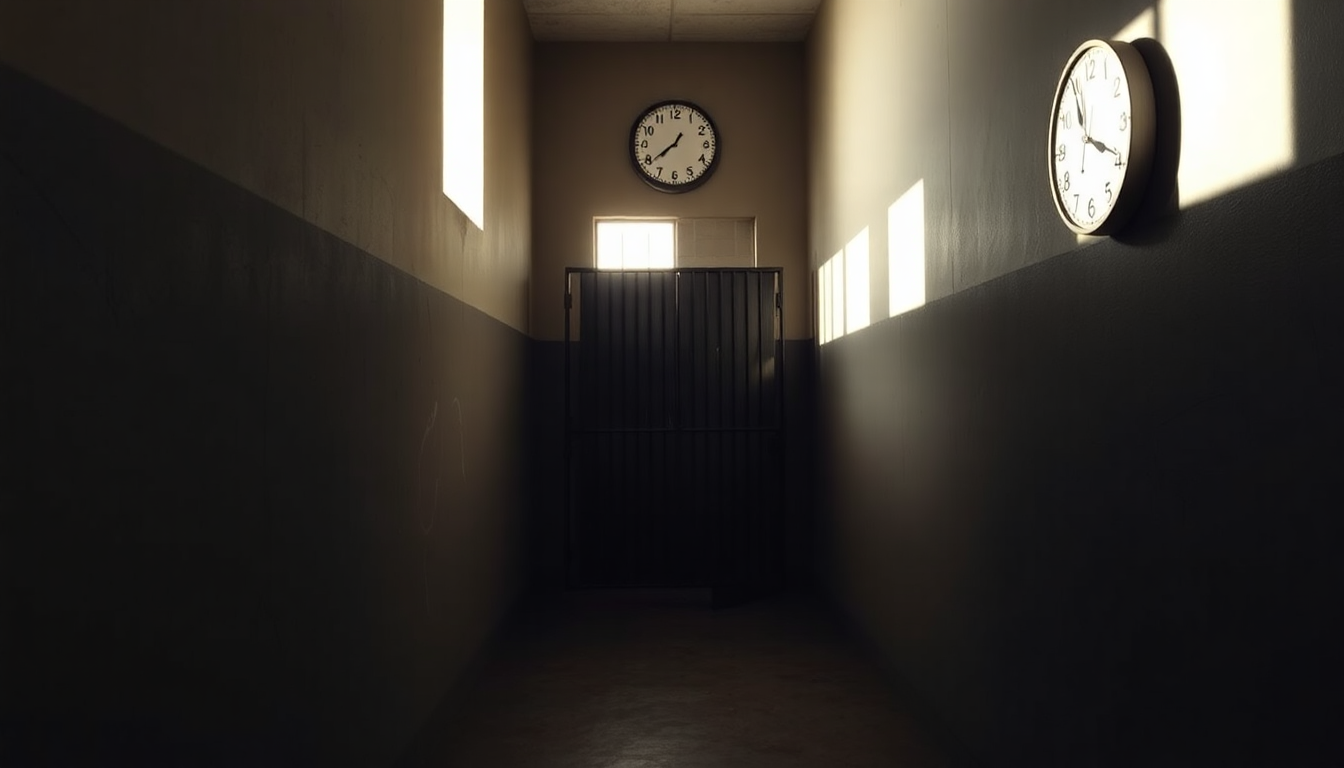Table of Contents
The story of the Menendez brothers—infamous for the shocking murder of their parents back in 1989—takes another twist as Erik and Lyle Menendez have recently been denied parole by the California Board of Parole Hearings. This latest decision highlights the long and complicated legal battles they’ve faced, raising questions about their journey toward freedom. With their next eligibility date set for three years from now, the recent hearings have reignited public interest and debate about their actions and whether they have truly rehabilitated.
Overview of the Parole Hearings
During the recent hearings, Erik and Lyle faced a panel of parole commissioners who had the tough job of determining if they were fit for parole. The discussions revolved around their behavior in prison and the serious nature of their past crimes. Lyle, appearing via video from the Richard J. Donovan Correctional Facility, was told that there were still signs of risk to public safety. Despite showing good behavior and expressing remorse, the panel raised concerns about unresolved anti-social tendencies that could pose a threat to others.
Commissioner Julie Garland pointed out that while Lyle seemed to have the potential for change, his history of breaking rules—including unauthorized cellphone use—was a major concern. Shortly after, Erik Menendez faced a similar fate, with officials noting comparable worries about his conduct while incarcerated and the violent nature of their crimes.
Legal and Emotional Ramifications
The emotional gravity of these hearings is profound. Lyle, reflecting on the anniversary of the tragic events, expressed deep remorse, stating, “I will never be able to make up for the harm and grief I caused everyone in my family.” These sentiments reveal the psychological burden that continues to affect both brothers. Their attorney has argued for a deeper understanding of their troubled upbringing, which they say was marked by abuse, framing their actions within a broader narrative of victimhood.
However, the Los Angeles District Attorney’s office strongly opposes their release, pointing to the brothers’ lack of rehabilitation as a significant hurdle. They contend that despite claims of personal growth, the evidence presented during the hearings suggests otherwise. The stark difference between the brothers’ expressions of remorse and the legal realities they face illustrates the ongoing clash between their personal stories and public safety concerns.
Future Considerations and Community Response
The California parole system operates under strict guidelines, and the Menendez brothers’ cases are a perfect example of the complexities involved in evaluating parole eligibility. After their recent denials, both brothers will have the chance to present their cases again in three years, stirring speculation about a potentially different outcome next time. The community remains divided; some people advocate for their release, while others are firmly against it.
As this saga unfolds, it has sparked broader discussions about crime, punishment, and the possibility of redemption. The public remains engaged, with ongoing media coverage keeping their story in the headlines. Whether these developments will lead to a change in their circumstances or further complicate their legal battles is still uncertain, but one thing is clear: the Menendez brothers’ journey through the justice system is far from over.


